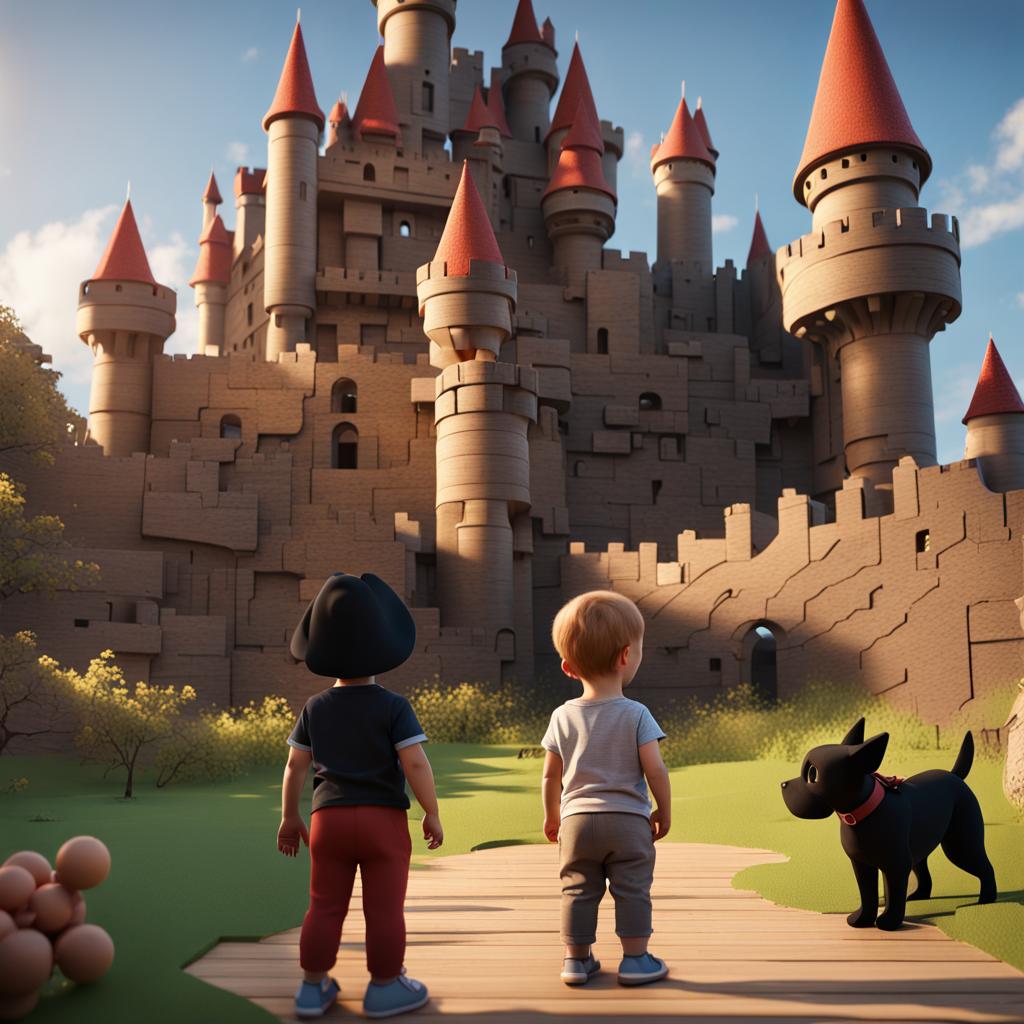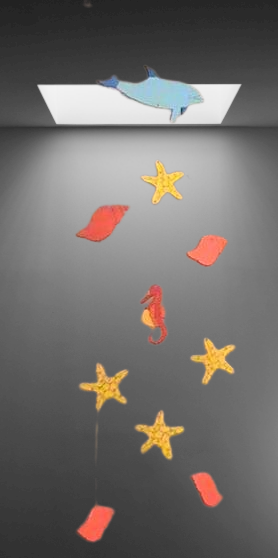When you hear the word ‘play,’ you might think of just fun and games, but for children, play is a fundamental aspect of their development. It’s where they start to grasp the world around them, forming the foundation for a range of skills they’ll use throughout their lives. So play isn’t just play; it’s a serious part of growing up.
Children engage in different types of play, each fostering various aspects of development. There’s unstructured play, which includes free-flowing and imaginative activities, and there’s structured play, often guided by adults, that can teach specific skills or concepts. Both types are crucial for a balanced approach to a child’s growth.

Now, why is play so important? Here’s the deal: When kids are playing, they’re not just entertaining themselves. They’re actively stimulating their cognitive, emotional, and social development. It supports their ability to think, understand, communicate, sympathize, connect, and process emotions.
Read more about cognitive development here.
Recently, there’s been a significant shift in understanding the importance of play. Educators and child development specialists now endorse play as essential—almost equivalent to a child’s ‘job’. It’s a perspective that’s gaining traction, shedding the misconception that play is merely recreational.
The Cognitive Benefits of Play for Children
You might have noticed how much children love to play. This isn’t just about fun; it’s also about building their brains. When kids engage in play, they’re not only enjoying themselves, they’re also enhancing critical cognitive abilities that will serve them well into adulthood.
Imaginative play, for instance, is a fantastic exercise for the brain. It encourages children to think outside the box and come up with their own scenarios, which boosts problem-solving skills and adaptive thinking. By playing ‘pretend’, little ones explore different roles and situations, navigating complex social cues and stimulating creative thought patterns.

Now, what about language development? That’s a huge benefit of play. Kids learn to communicate their ideas, negotiate roles, and follow storylines, which enriches their vocabulary and linguistic skills. During play, children may narrate their actions or express their thoughts, directly translating their imaginations into words.
Another aspect to consider is how play can improve memory and concentration. Games with rules or puzzles that require remembering specific details are great for this. They force children to focus and remember various pieces of information, thereby enhancing their cognitive capacity to retain and process data.
In my opinion, one of the most vital roles play has is in developing critical thinking and creativity. By facing various scenarios and challenges in play, children learn to think critically about different situations and come up with innovative solutions. They learn that there are multiple ways to solve a problem, which is a key aspect of creativity.
Nurturing Cognitive Development
I’m going to explore the wonderful ways that play can turbocharge a child’s cognitive development.
First off, let’s talk about imaginative play. It’s not just about pretending to be a dinosaur or a superhero; imaginative play is a powerful engine for boosting problem-solving skills. When kids ‘play pretend’, they’re actually navigating complex social dynamics, envisioning consequences, and experimenting with solutions to challenges they create.

Now, how does play tie into language development? As children narrate their play scenarios or converse with playmates, they are unknowingly practicing sentence structure, vocabulary, and storytelling. These essential communication skills are vital in later life, and playtime is the perfect informal setting to develop them.
One of the best toys for cognitive development and critical thinking!
And let’s not overlook the impact of engaging activities on memory and concentration. When a child is absorbed in a game or a creative task, their attention is laser-focused. This not only enhances their immediate memory and ability to stay on task but sets a pattern for future learning situations.

Last but not least, creativity and critical thinking aren’t just fancy terms; they are ignited and nurtured through play. Whether it’s trying out different ways to build a block tower or figuring out the rules to a new game, kids are laying the foundation for a strong and flexible mind. As they play, children become little scientists and artists, constantly hypothesizing, inventing, and creating.
Practical Tips for Encouraging Play at Different Ages
As parents and caregivers, you can play a pivotal role in facilitating your child’s development through play. This isn’t just about supplying toys; it’s also about setting up an environment that encourages curiosity and learning at every age.
For toddlers, transforming your living space into a safe exploration zone with age-appropriate puzzles and building blocks can work wonders. As they grow, introducing more complex toys and team sports can help them refine their social and cognitive skills.

Remember, playtime doesn’t have to break the bank. Everyday household items can become the perfect props for a child’s imaginative adventure. Cardboard boxes turn into spaceships, and blankets become capes of superheroes saving the day.
In today’s digital world, it’s crucial to strike a balance between screen time and traditional play. Encourage digital literacy while equally promoting outdoor play, art, and music, which are essential for a well-rounded development.

Finally, never underestimate your role in your child’s play. Join in, be present, and show interest. You’re not just building memories; you’re laying down the foundation for vital life skills. Above all, ensure that play remains a fun and stress-free experience. After all, if children are enjoying themselves, they’re on the right track to becoming happy, healthy adults.

“In a child’s imagination lies the future’s foundation.
Their dreams sow seeds of creativity and innovation,
shaping a world of endless possibilities.”




